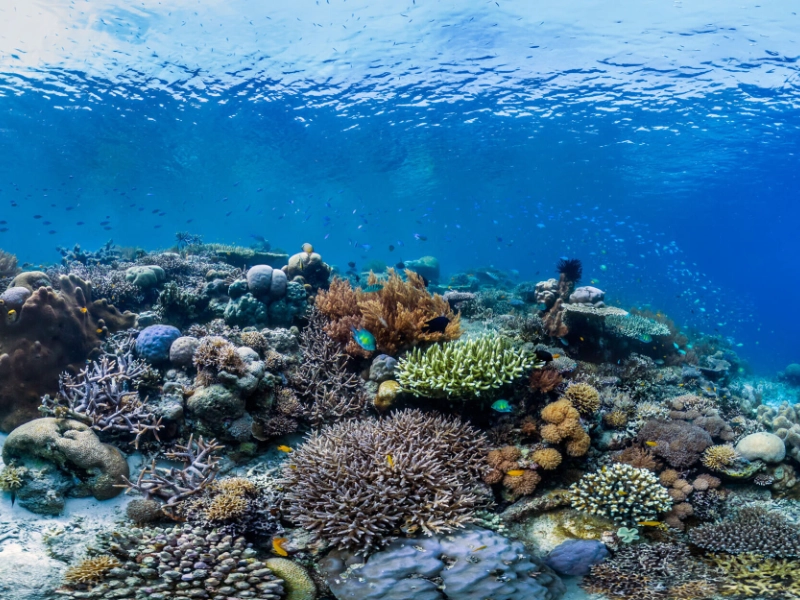The Vital Role of 10 Coral Reefs in Human History: A Journey Through Time and Sea
Advertisement
4. The Coral Triangle: Cradle of Marine Biodiversity

Advertisement
Often referred to as the "Amazon of the Seas," the 5.7 million square kilometre Coral Triangle spans Indonesia, Malaysia, Papua New Guinea, Philippines, Solomon Islands, and Timor-Leste and has been instrumental in human history—especially in terms of biodiversity, human migration, and world food security.
Often referred to as the worldwide hub of marine biodiversity, the Coral Triangle has been crucial in forming Pacific and Southeast Asian human habitation trends. Rich marine resources given by these coral reefs apparently helped early human migration across this area. The profusion of fish and other sea life helped marine civilisations and technology to flourish, hence allowing people to travel great distances over water and occupy far-off islands.
The significance of the Coral Triangle for human history goes beyond just antiquity. Many engagements were fought in this area during World War II, and naval tactics depend much on coral reefs. The complicated underwater topography these reefs produced affected the results of several important battles, therefore determining the path of the war in the Pacific theatre.
The Coral Triangle is still rather important for modern human society. For around 120 million people who rely on its marine resources for food and income, it directly sustains their livelihoods. The fisheries of the area are vital for world food security and provide nutrition much beyond their local limits.
Scientific discoveries has also come from the Coral Triangle's abundance. Many fresh species found in these seas have helped us to better grasp marine ecosystems and evolution. From medicine to biotechnology, this abundance of variety has possible uses and promises future advantages for mankind in many different disciplines.
But given global climate change, the historical importance of the Coral Triangle has evolved in fresh ways. One of the most sensitive areas to increasing sea temperatures and ocean acidity, it has grown to be a crucial site for researching how climate change may affect marine ecosystems. The resilience and adaptability techniques of coral species in this area are offering insightful information that might be rather important for the survival of coral reefs all around.
The historical significance of the Coral Triangle emphasises the close relationship between marine ecosystems and human society. From helping historic migration to impacting present geopolitics and scientific study, this amazing area still shapes our planet in countless different ways. Lessons gained from the past and present of the Coral Triangle will be priceless in guiding our future interaction with the oceans as we negotiate the problems of the twenty-first century. [1]
Advertisement
You May Like

